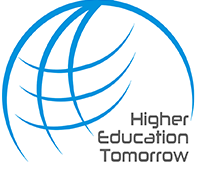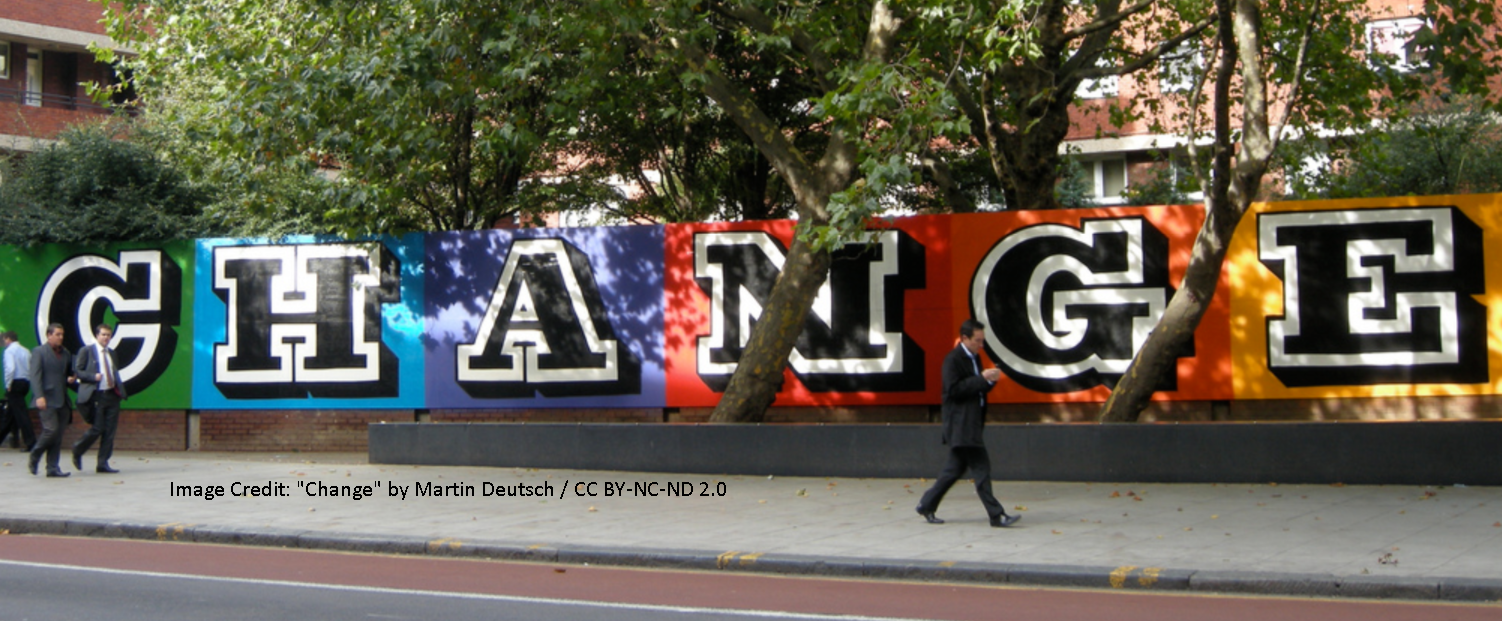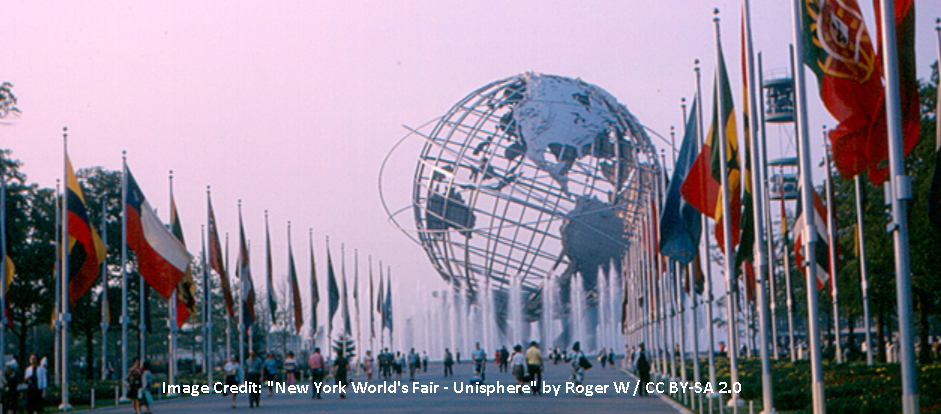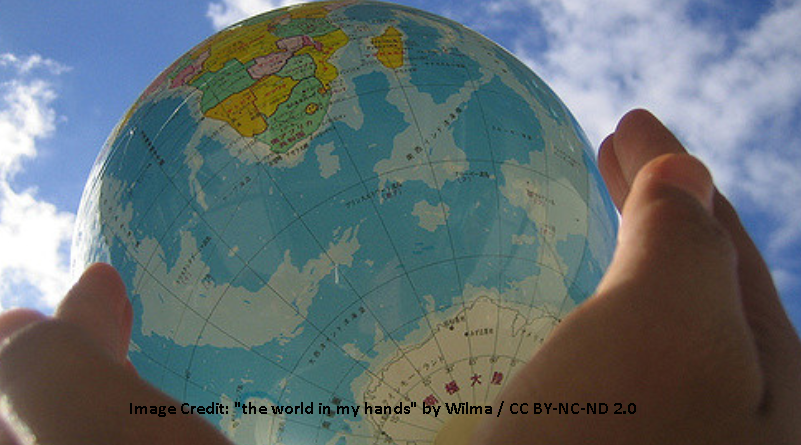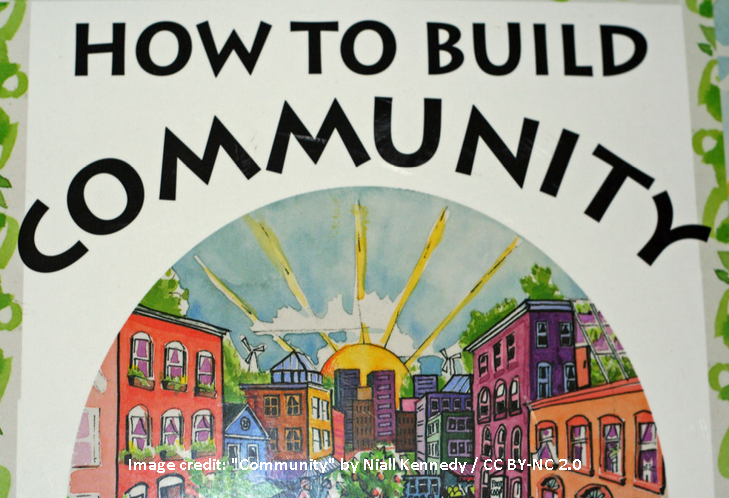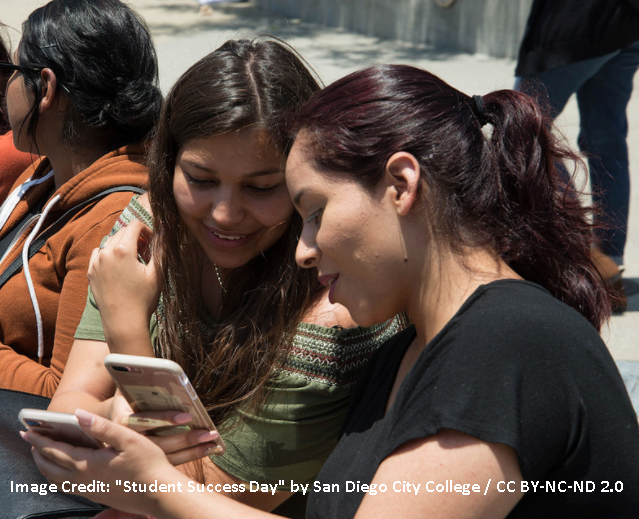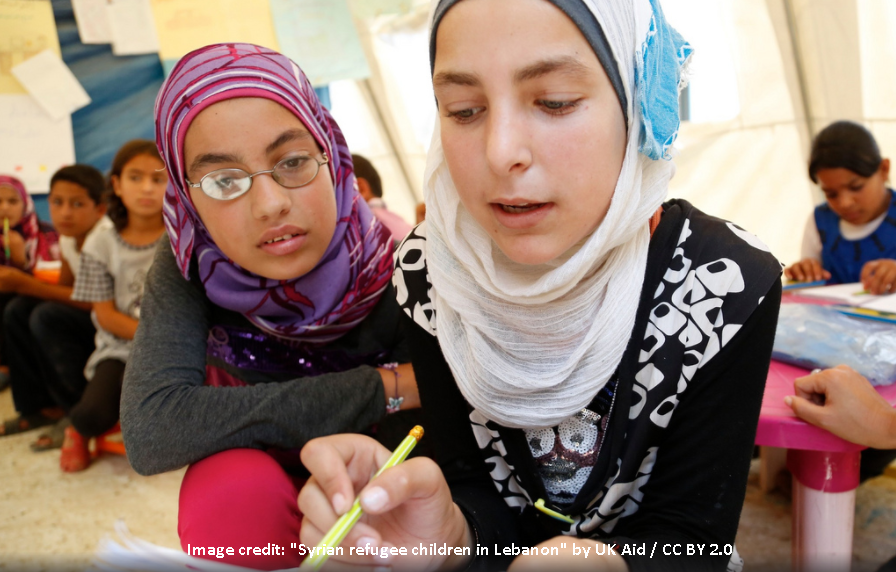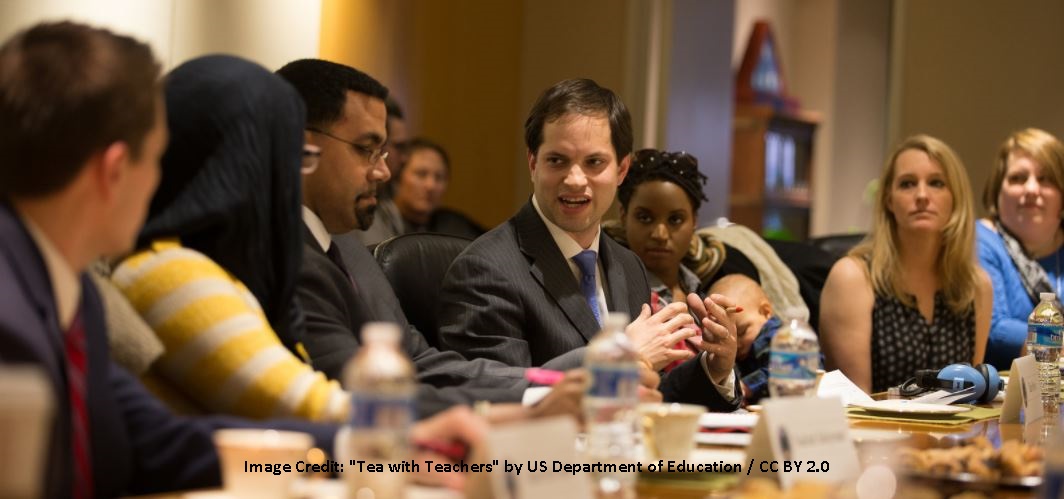Inclusive higher education for the benefit of all
Inclusive higher education for the benefit of all Patrick Blessinger, Jaimie Hoffman and Mandla Makhanya St John’s University (NYC), University of Wisconsin at La Crosse, University of South Africa Broadly defined, institutions of higher education are social structures that fulfil a common social purpose of creating an educated citizenry. They achieve this through policies, rules, customs, symbols and traditions. As such, institutions exemplify structures for social order, creating the norms and expectations for human behaviour. As such, educational institutions have an implicit social responsibility to ensure that these practices work for the benefit of all students. Throughout the nearly one thousand-year history of higher education, higher education institutions, or HEIs, have demonstrated remarkable resilience in the face of continual political, social, economic and technological change. HEIs have remained remarkably stable in their missions, structures and practices over the past millennium, even in the face of revolutions, innovations and other forms of [...]

